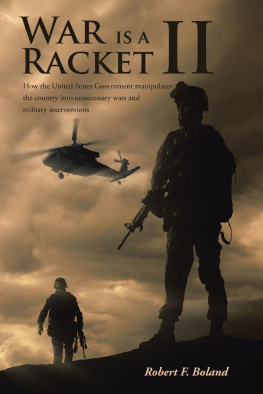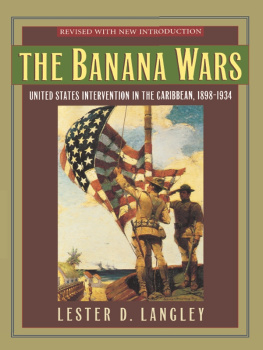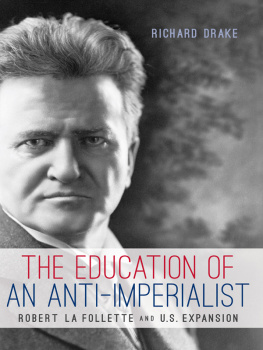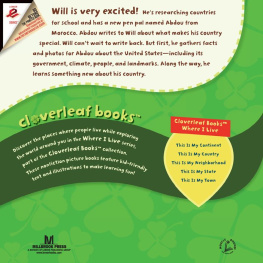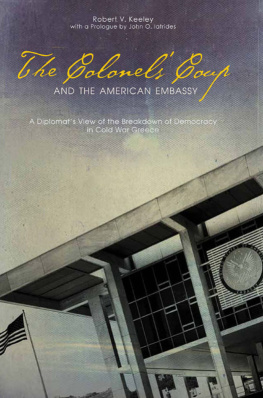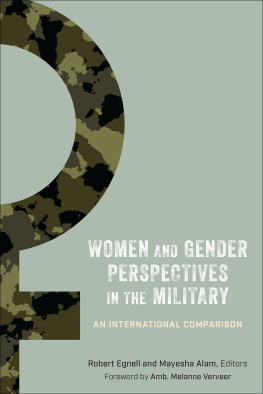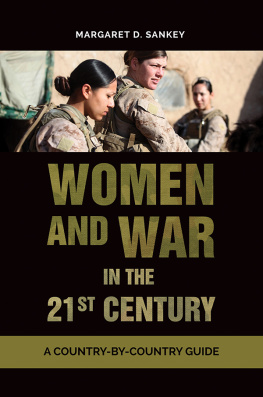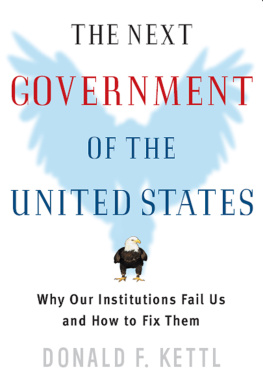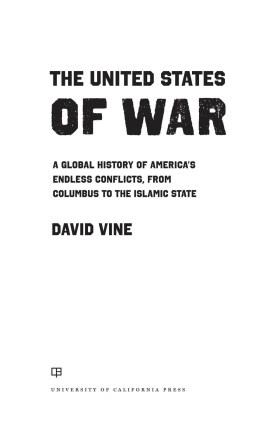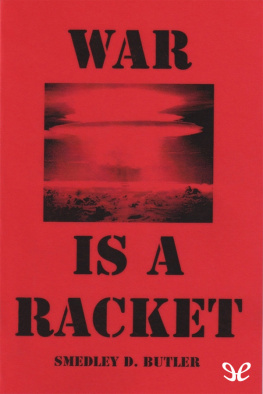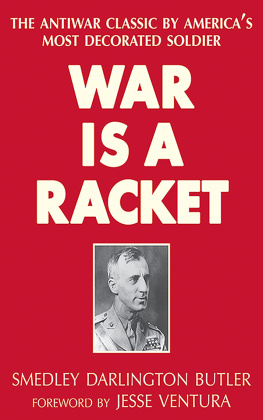Robert F. Boland - War is a Racket II: How the United States Government manipulates the country into unnecessary wars and military interventions.
Here you can read online Robert F. Boland - War is a Racket II: How the United States Government manipulates the country into unnecessary wars and military interventions. full text of the book (entire story) in english for free. Download pdf and epub, get meaning, cover and reviews about this ebook. year: 2019, publisher: Page Publishing Inc, genre: Politics. Description of the work, (preface) as well as reviews are available. Best literature library LitArk.com created for fans of good reading and offers a wide selection of genres:
Romance novel
Science fiction
Adventure
Detective
Science
History
Home and family
Prose
Art
Politics
Computer
Non-fiction
Religion
Business
Children
Humor
Choose a favorite category and find really read worthwhile books. Enjoy immersion in the world of imagination, feel the emotions of the characters or learn something new for yourself, make an fascinating discovery.
- Book:War is a Racket II: How the United States Government manipulates the country into unnecessary wars and military interventions.
- Author:
- Publisher:Page Publishing Inc
- Genre:
- Year:2019
- Rating:5 / 5
- Favourites:Add to favourites
- Your mark:
War is a Racket II: How the United States Government manipulates the country into unnecessary wars and military interventions.: summary, description and annotation
We offer to read an annotation, description, summary or preface (depends on what the author of the book "War is a Racket II: How the United States Government manipulates the country into unnecessary wars and military interventions." wrote himself). If you haven't found the necessary information about the book — write in the comments, we will try to find it.
This is not an anti-war book. Rather, the book is about the bad behavior of the US government in Washington, DC, in taking the country into military adventures when it is not necessary. To state that the country should never go to war would be irresponsible. Wars cannot always be avoided. A characteristic of the United States foreign policy establishment is their refusal to admit they made a mistake. There are never any consequences for invading the wrong country. The establishment carries on as if everything is okay, and they quickly forget about the dead and crippled. Currently, the US has approximately 800 bases in seventy countries. As of November 2016, the US was dropping bombs on seven different countries. This book does not favor either political party. However, some may disagree. In 1935, retired General Smedley Butler published a small book entitled War Is a Racket, which explained how and why the US Government manipulates the country into various wars and military interventions for power and their own selfish interest. This is an update on General Butlers 1935 book. Most of us have heard or read the following words many times. We are forced to go to war or do a military intervention to save our liberty and freedom, to make the world safe for democracy, a war to end all wars, to save the world from communist or whatever, to protect American lives, to save the world from a country that might possess weapons of mass destruction, etc. This is a book explaining how the United States government manipulated and lied its way into a number of wars and military interventions. This information will not normally be taught in your school history class or viewed on your history channel. This is not conspiracy theory stuff. You can look it all up. This information is available to all citizens if they care to research it. Some of this information may shock you.
Robert F. Boland: author's other books
Who wrote War is a Racket II: How the United States Government manipulates the country into unnecessary wars and military interventions.? Find out the surname, the name of the author of the book and a list of all author's works by series.

